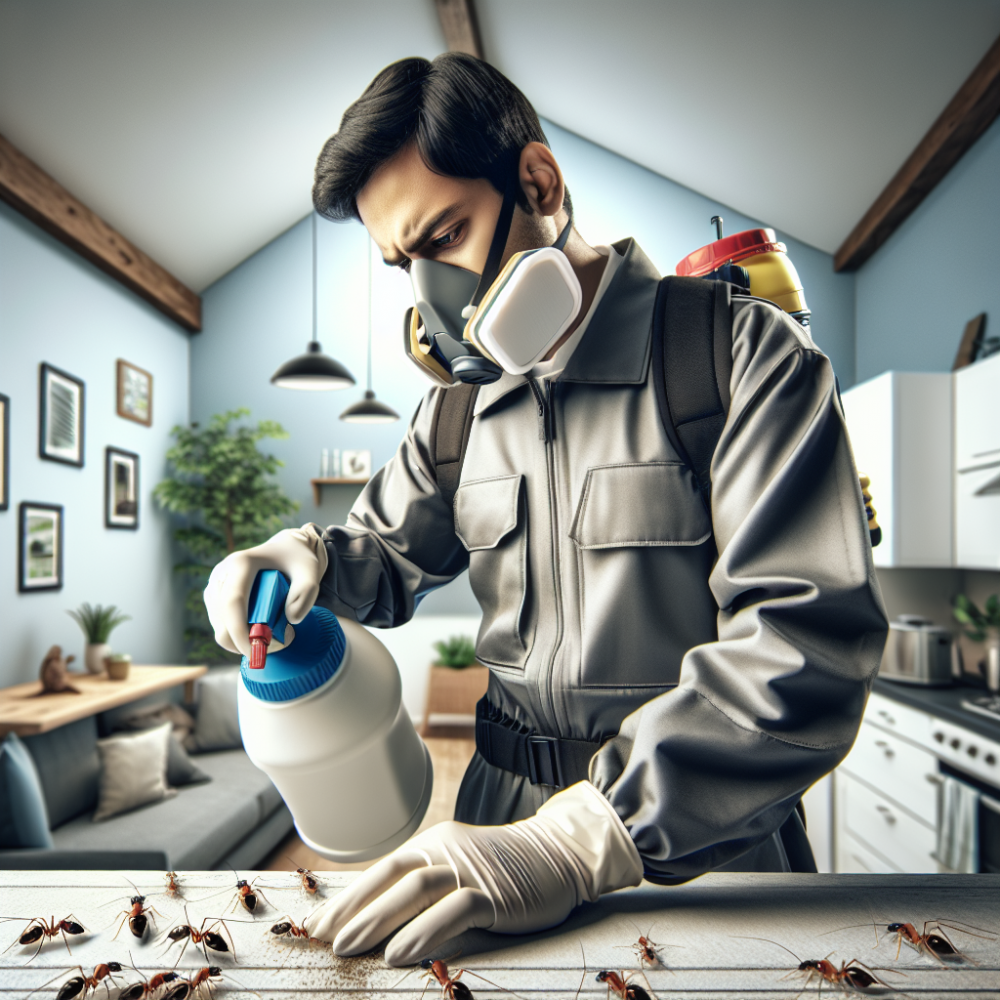Efficient Strategies for Managing Household Pests

Posted on: Sunday, March 3rd, 2024
Combatting household pests is an ongoing challenge for many homeowners and renters. These unwelcome guests can range from insects like ants and roaches to rodents such as mice and rats. Effective pest control requires a combination of preventive measures, timely intervention, and sometimes professional help. Understanding the habits of common pests and adopting integrated pest management strategies can significantly reduce their presence in your home.
1. Identify and Eliminate Sources of Food, Water, and Shelter: Pests enter homes looking for resources. Seal food items in airtight containers, fix leaky pipes, and declutter to remove hiding spots. Regularly inspect your home for potential pest entrances and seal them promptly.
2. Use Baits and Traps Strategically: For mild infestations, baits and traps are effective. Place them where pests are known to frequent, but out of reach of children and pets. Regularly check and replace these as needed to maintain their effectiveness.
3. Maintain Your Yard: Overgrown vegetation and standing water attract pests. Keep grass cut short, trim bushes away from the house, and eliminate standing water in items like flowerpots and gutters to reduce breeding grounds for pests.
4. Choose Pesticides Wisely: When using chemicals, opt for products specifically designed for the pests you're targeting. Always follow label instructions closely to minimize risks to your health and the environment. Consider natural alternatives like diatomaceous earth for least-toxic options.
5. Natural Predators: Encourage the presence of natural predators. Birds, certain insects, and even bats can play a role in controlling pest populations. Bird feeders and bat houses can attract these beneficial creatures to your yard.
6. Professional Pest Control Services: For persistent or severe infestations, hiring a professional pest control service may be necessary. Professionals have access to more potent treatments and can offer customized solutions based on the specific types of pests and the extent of the infestation.
7. Regularly Inspect and Clean Your Home: Regular cleaning helps minimize potential food sources for pests. Pay special attention to kitchens and bathrooms, and promptly repair any water leaks. Periodic deep cleaning and decluttering can also disrupt potential pest habitats.
8. Seal Cracks and Openings: Thoroughly inspect the exterior of your home for any cracks, holes, or openings that pests could use to enter and seal them with caulk, steel wool, or appropriate materials. Even small gaps can be an entryway for pests.
9. Use Essential Oils: Some essential oils, like peppermint, eucalyptus, and lemongrass, can deter pests. Apply these oils in areas prone to pests as a natural repellent. Always dilute essential oils appropriately and test them in a small area first to prevent damage to surfaces.
10. Monitor and Adapt: Pest control is not a one-time effort. Regular monitoring of your home and yard for signs of pests will help you spot new infestations early. Be willing to adapt your strategies as pests evolve and new solutions become available.
Efficient pest control is about balancing preventive measures with responsive actions. By understanding the ecology of the pests and employing a mix of strategies, you can protect your home and health from their potential impacts. Remember, the goal is not just to remove pests but to create an environment that is inherently less attractive to them.